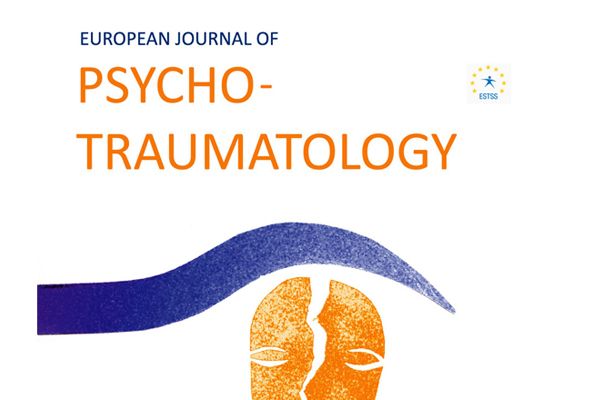18 juni 2020
European Journal of Psychotraumatology
Gen Li , Li Wang, Chengqi Cao , Ruojiao Fang , Yajie Bi , Ping Liu , Shu Luo , Brian J. Hall & Jon D. Elhai
https://doi.org/10.1080/20008198.2020.1759279
Background: Both the latent variable model and the network model have been widely used to conceptualize mental disorders. However, it has been pointed out that there is no clear dichotomy between the two models, and a combination of these two model could enable a better understanding of psychopathology. The recently proposed latent network model (LNM) has provided a statistical framework to enable this combination. Evidence has shown that posttraumatic stress disorder (PTSD) could be a suitable candidate disorder to study the combined model. In the current study, we initiated the first investigation of the latent network of PTSD symptoms.
Methods: The latent network of DSM-5 PTSD symptoms was estimated in 1196 adult survivors of China’s 2008 Wenchuan earthquake. Validation testing of the latent network was conducted in a replication sample of children and adolescent who experienced various trauma types. PTSD symptoms were measured by the PTSD Checklist for DSM-5 (PCL-5). The latent network was estimated using the seven-factor hybrid model of DSM-5 PTSD symptoms, analysed using the R package lvnet .
Results: The latent network model demonstrated good fit in both samples. A strong weighted edge between the intrusion and avoidance dimensions was identified (regularized partial correlation = 0.75). The externalizing behaviour dimension demonstrated the highest centrality in the latent network.
Conclusions: This study is the first to investigate the latent network of DSM-5 PTSD symptoms. Results suggest that both latent symptom dimension and associations between the dimensions should be considered in future PTSD studies and clinical practices.
Keywords: latent factor; symptom network; posttraumatic stress disorder
Received 06 Jan 2020, Accepted 09 Apr 2020, Published online: 08 Jun 2020

Het European Journal of Psychotraumatology (EJPT) is een peer-reviewed, interdisciplinair wetenschappelijk tijdschrift dat deel uitmaakt van de European Society for Traumatic Stress Studies (ESTSS).
Het EJPT heeft als doel om wetenschappers, behandelaren en experts te betrekken bij de belangrijkste vraagstukken rond stress en trauma, waaronder individuele gebeurtenissen, herhaalde of chronische trauma's, grootschalige rampen en geweld.

